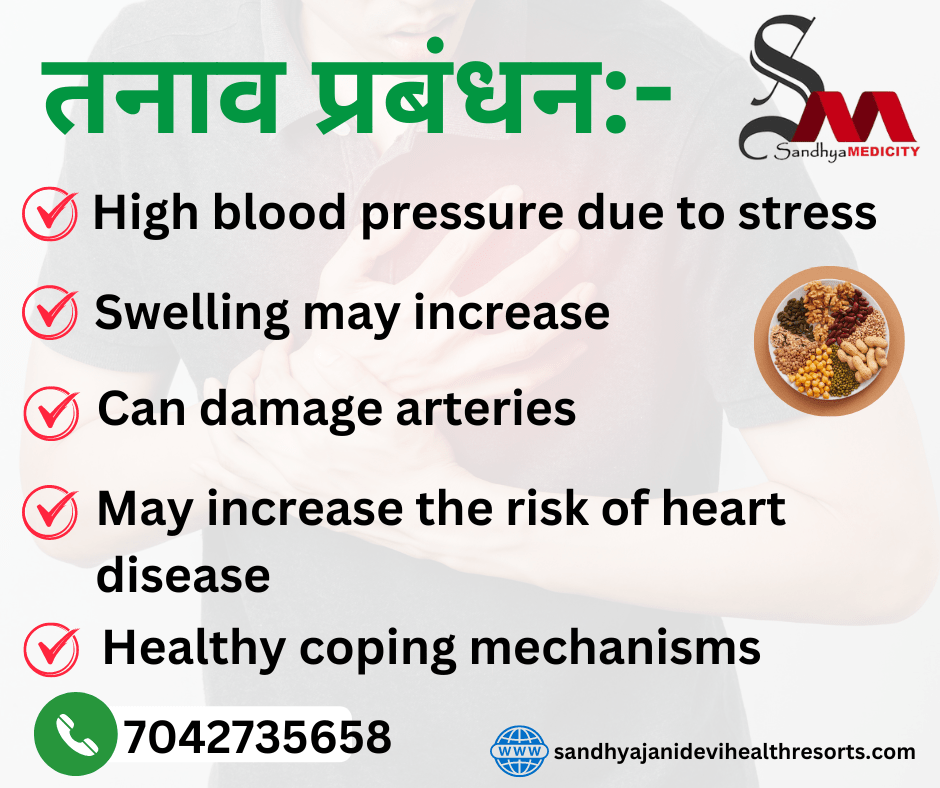Hello everyone, and welcome back to our blog! Today, we have an important topic to discuss. How do heart problems start? Which affects millions of people around the world: Our aim is to provide you with a comprehensive understanding of the various factors that can contribute to the development of heart problems, so that you can take proactive steps towards maintaining a healthy heart.
Cardiovascular conditions
Heart conditions refer to abnormalities that primarily affect the structure of the heart. These may include congenital defects present at birth, such as a hole in the heart or a defective valve. Wear and tear over time can cause other heart conditions to develop. , such as heart valve disease.
It is important to note that although some cardiovascular conditions cannot be prevented, early detection and timely medical intervention can help manage or even cure these issues.
Heart Disease
Heart disease includes a wide range of heart and blood vessel problems. The most prevalent type is coronary artery disease, which occurs when the arteries that supply blood and oxygen to the heart become narrow or blocked.
Plaque formation. This construction can be influenced by many factors which we will discuss further.
Lifestyle factors
Let’s discuss some lifestyle factors that can contribute to the development of heart problems. An unhealthy diet rich in saturated fat, cholesterol and sodium can lead to the accumulation of plaque in the arteries.
Regular consumption of processed foods and sugary beverages can also increase the risk of developing heart diseases. It’s important to prioritize a balanced diet rich in fruits, vegetables, whole grains and lean proteins to support heart health.

Physical activity
Physical activity plays an important role in maintaining a healthy heart. Leading a sedentary lifestyle with minimal exercise can contribute to the onset of heart problems. Regular aerobic exercise, such as
- Brisk walking,
- Jogging or cycling,
- Can help improve heart health by increasing blood flow,
- Reducing cholesterol levels and keeping weight under control.
Incorporating strength training exercises can also help strengthen the heart muscle.
Tobacco and alcohol use
Tobacco use, including smoking and exposure to secondhand smoke, significantly increases the risk of heart problems. Smoking damages blood vessels, reduces oxygen supply and increases blood pressure, which puts a strain on the heart.
Similarly, excessive alcohol consumption can also increase the risk of heart problems. High blood pressure, irregular heart rhythm and weak heart muscles. It’s worth noting that quitting smoking and controlling alcohol intake can dramatically reduce the risk of heart problems.
Stress and Mental Health
In our fast-paced world, stress can also contribute to heart problems. Chronic stress releases hormones that can affect blood pressure, blood clotting, and inflammation, all of which can put a strain on the heart. Additionally, untreated or unmanaged mental health conditions such as anxiety and depression are linked to an increased risk of heart disease.
It is important to prioritize stress management techniques and seek professional help when needed.
Conclusion-
Heart problems can develop from a combination of many factors, ranging from lifestyle choices to genetics and family history. By maintaining a healthy lifestyle, which includes a balanced diet, regular exercise and avoiding harmful habits such as smoking and excessive smoking.
By reducing alcohol consumption, we can reduce the risk of heart problems to a great extent. Additionally, being aware of your family history and seeking medical advice when necessary can aid in early detection and intervention.


